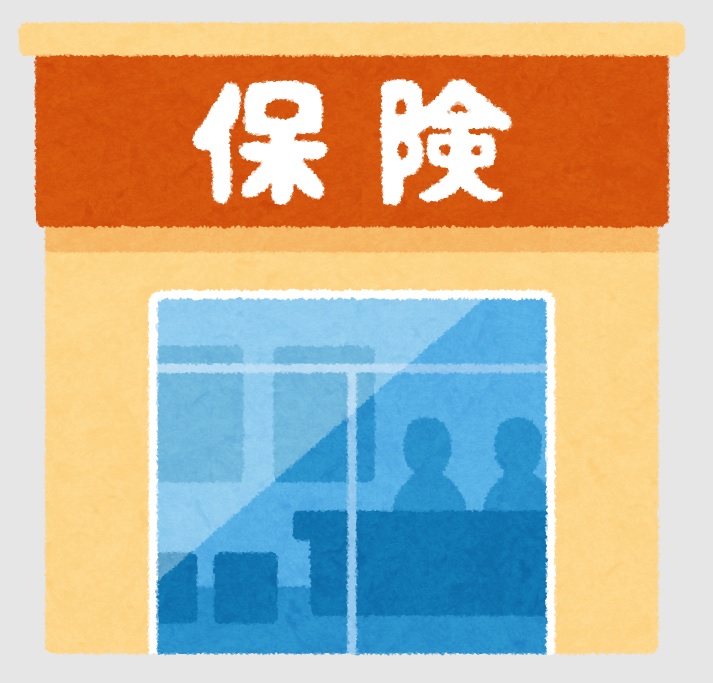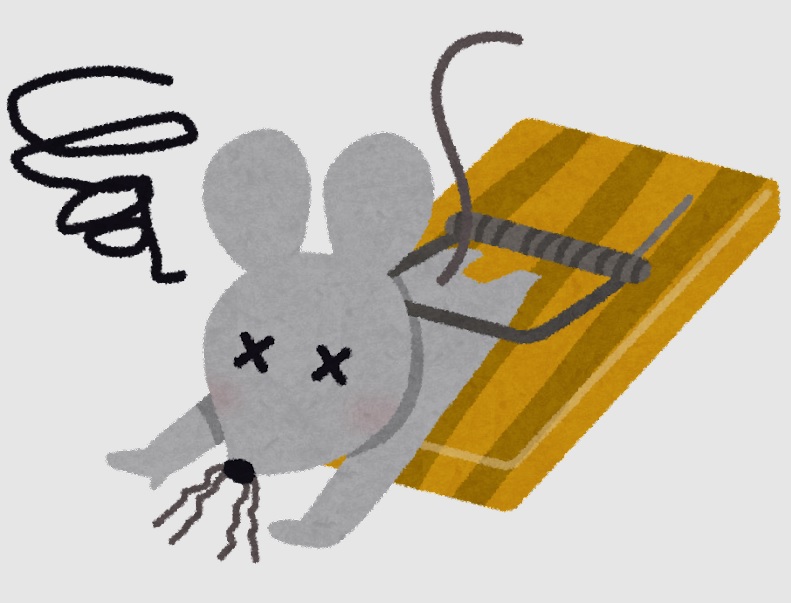「リスクとリターン|教育資金は保険だけじゃない!賢い選択を」
〜前回のつづき〜
●Q&A

Q1.「自分で保険会社と同じような資産運用は出来ますか?」
A.スターバックスでコーヒー買うぐらい
簡単に出来るんじゃないかと思います。

(出典:https://www.jreast.co.jp/estation/stations/866.html)
新宿駅で乗り換えする方が難しいですね。
今までお話ししてきた記事を
読んでもらえれば
かなりヒントにはなります。

Q2.「保険だったら払ったお金より多く
かえってくるからいいのではないですか?」
A.すでにお話しした通りです。
確かに増える可能性も有るんですけど
リスクとリターンが合ってないんですよ。
保険で増やすんだったら
他の投資の方がいい訳ですよ。
例えば

・アメリカ全体を買う
eMAXIS Slim 米国株式(S&P500)

・世界全体を買う
eMAXIS Slim 全世界株式(オール・カントリー)
投資信託を持っておくだけで
15年間持ち続けたら
基本的にどのタイミングで買っても
プラスリターンになると言われています。

Q3.「いざという時に保証もあるのでは?」
A.いざという時の保証と言っても
死亡した場合に残りの保険料の
支払いが不要になるだけの話なんですよね。
毎月1万3千円ずつ積立したとする。
18年間で281万円大体払う訳です。
途中で
払い出して10年後に死亡するとすると
156万円払い込んでるんです。
もう支払い済み。
残ってる残金の125万円が
免除になるだけなんですよ。

(出典:https://x.com/maarks0628/status/1642493515598036992)
たったこれだけなんですよ。
入ってすぐ死亡したって
300万円もらうだけの保険なので
掛け捨ての生命保険でいいんじゃないかと。
死亡した場合に
300万円もらうだけの保険だったら
年齢などにもよるんですけど
月に数百円払うだけで
掛け捨ての生命保険だけで
300万円ぐらい受け取れるので
これでいいじゃないかということになります。
だから学資保険の保証は
『一応付いてる』ことにはなりますけど
まぁ全然割に合わない保証です。

Q4.「損はしないんじゃないですか?」
A.既にお話しした通りです。
・保険会社が倒産するリスク
・途中解約の元本割れリスク
18年間
毎月ずっと払い続けていく中で
このような事もありえます。
金利上昇リスクもあります。
自分が契約した
学資保険の利回りよりも
預貯金の利回りの方が高くなる
という事も有るんです。
現在は
・学資保険は0.45%
・定期預金は0.3%
年利で増える。
金利というのは常に変動するので
例えば
学資保険は契約した当時のままなので0.45%
定期預金であれば金利が上がって1%になった。
リスクも高いのに可能性として
学資保険の方がリターンが低い
という事がありえるんです。
これで納得できますか?という事です。

Q5.「投資にはリスクがありますよね?」
A.お話ししてきた通り保険にもリスクがあります。
保険会社も
みんなから預かったお金を
投資に回して儲けてるんですよ。
だから
非常に割高な手数料の
投資信託なんですね。
そういう事実を知っておく
というのが大事です。
結局保険会社も
間に入ってお金預かってますけど
投資にまわしてるんですよ。
だからわざわざ
結局投資に回して増やしてるんだから
わざわざ高い手数料を取られるようなところに
渡さなくていいじゃないかという事です。
〜〜〜つづく〜〜〜
Special Thanks college president Ryo.
●おまけ
≪≪Chat-GPTくんによる要約→perplexityちゃんによる文章まとめ≫≫
保険会社の資産運用について、いくつかのポイントをまとめます。
まず、個人が保険会社と同様の資産運用を行うことは可能ですが、専門的な知識や規模が必要です。投資信託を利用することで、手軽に分散投資ができます。次に、保険でお金が増える可能性はありますが、リスクとリターンのバランスが悪い場合が多く、効率的な投資としては他の選択肢が有利です。
また、学資保険などの保証は存在しますが、その内容はコストに見合わないこともあります。さらに、保険には倒産リスクや元本割れリスクがあり、金利変動によって利回りが低くなる可能性も考慮すべきです。最後に、保険も投資の一環であり、高い手数料を支払う必要性を再評価することが重要です。これらを理解することで、より賢明な資産運用が可能になります。
Citations:
[1] https://www.taiju-life.co.jp/recruitment/business/asset_management/
[2] https://www.nissay.co.jp/kaisha/csr/shisan_unyou/houshin/
[3] https://www.dai-ichi-saiyo.jp/2025/business/assetsuse.html
[4] https://www.nissay-saiyo.com/works/department/c/01.html
[5] https://hoken.zexy.net/money/kiso/hokenkihon46.html
[6] https://www.actuaries.jp/examin/textbook/pdf/sonpo_08.pdf
[7] https://www.meijiyasuda.co.jp/find2/light/knowledge/list/61.html
[8] https://www.saiyou.tokiomarine-nichido.co.jp/information/bosyu/sogo_spec_qa1.html
≪≪Chat-GPTくんによる英訳≫≫
【Q&A】
Q1. “Can I manage my own asset management similar to an insurance company?”
A. I think it’s as easy as buying a coffee at Starbucks.
It’s probably harder to change trains at Shinjuku Station.
If you read the articles we’ve discussed so far, it should give you a lot of helpful hints.
Q2. “Isn’t it good that with insurance, you get more money back than you paid?”
A. As I’ve mentioned before, yes, there is a possibility of growth, but the risk and return don’t align.
If you’re looking to grow your money through insurance, other investments are a better option.
For example:
・Buy the entire U.S. market: eMAXIS Slim U.S. Stock (S&P 500)
・Buy the entire world market: eMAXIS Slim Global Stock (All Country)
By holding onto these mutual funds, if you keep them for 15 years, you’ll likely see a positive return no matter when you buy.
Q3. “Doesn’t insurance also offer guarantees in case of emergencies?”
A. The guarantee is simply that if you pass away, the remaining insurance premiums will be waived.
For example, you would pay a total of around 2.81 million yen over 18 years.
If you die 10 years later, you’ve paid in around 1.56 million yen.
The remaining 1.25 million yen would be waived.
That’s all there is to it.
Even if you pass away right after signing up, you would just receive 3 million yen.
For that amount, it’s better to have a term life insurance policy.
With term life insurance, you can receive around 3 million yen by paying just a few hundred yen per month.
That’s why it’s better to just go with that.
So, while a school insurance guarantee is “technically included,” it’s really not worth it at all.
Q4. “Isn’t there no risk of losing money?”
A. As I’ve already mentioned:
・The risk of the insurance company going bankrupt
・The risk of losing principal if you cancel early
If you continue paying premiums for 18 years, these risks could become a reality.
There’s also the risk of interest rates rising.
The return on your school insurance may be lower than the interest on your savings.
Currently:
・School insurance yields 0.45%
・Time deposits yield 0.3%
Interest rates can fluctuate, so if the interest rate for time deposits rises to 1%, it’s possible that the return on school insurance will be lower, despite the higher risk.
Do you understand now?
Q5. “But doesn’t investment come with risks?”
A. As I’ve explained, insurance also carries risks.
Insurance companies take the money from policyholders and invest it to make a profit.
That’s why they use high-fee mutual funds.
It’s important to understand this reality.
In the end, insurance companies take the money, but they invest it too.
So, if the money is being invested anyway, why should you pay high fees just to have it managed by someone else?
Special Thanks OpenAI and Perplexity AI, Inc


